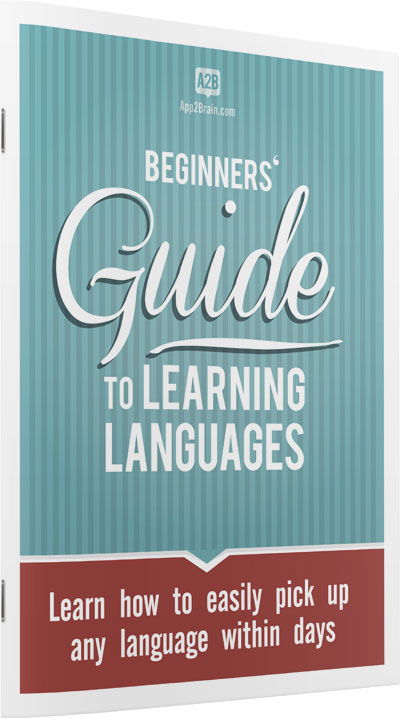So, you have decided to learn Russian? Before diving into the details, let’s have a look at some basic information about Russia, its language and culture. There’s no need for us to dwell upon the structure and the linguistic characteristics of the Russian language – you may find them on the Internet if you really want to. Yet, some basic information will be helpful if you want to learn the Russian language.

This lesson is part of our Beginners’ guide to learning Russian series, which also contains the following lessons:
Russian has a reputation of being a very difficult language to learn, so you need to work hard to achieve a result.
First of all – where do they speak Russian. Well, to begin with – in Russia. The largest country in the world, 1/7th of the whole land, yet it isn’t densely populated. Still, it is the first place you will find someone who speaks Russian. To be exact, 140 million people. Then – all the neighboring countries of the former USSR: Kazakhstan, Ukraine, Belorussia, Moldova, and so on – most of people living there would understand Russian. They still learn it at schools and it is official language in most of these countries. There are many people who speak Russian in USA, Canada, Israel and other countries. In total, more than 250 million people all over the world speak Russian.
Russian is an East Slavic language which means that you’ll find lots of difficulties and things you will have to pay additional attention to. But although many things might seem difficult at first, as soon as you begin to study and understand – they usually turn out to be just fine. Here’s what we’re going to learn in the following chapters:
- Alphabet. It’s called Cyrillic. It’s quite different from the Latin alphabet and some of the letters may seem strange and unknown.
- Phonetics. Russian has some sounds that are not present in English, some interesting phonological processes and vowel alternations. This gives the Russian language that unique and beautiful sound, rhyming and flow, so though it’s difficult, it sounds very nice.
- Grammar. And this is what concerns you most. Lots of prefixes, suffixes, cases, verb forms and declination rules. But you shouldn’t be afraid – if people understand you, you are OK. And there’s nothing you cannot learn if you work hard.
So let’s begin. In the lessons related to the Russian Alphabet and Russian Grammar I will give you a lot of information, but it’s organized in a way you can always return and look it through.

Download your free language learning guide
Our free 18-page PDF ebook will teach you how to:
- Get (and stay) motivated learning a new language
- Achieve 80% of your goals with only 20% of the effort
- Make your learning experience more fun than ever
More Russian lessons
- Russian grammar (Overview)
- Russian Alphabet & Pronunciation
- Russian Language & Culture
- Numbers in Russian
- Basic Conversation in Russian
- Basic Russian Verbs
- Basic Russian Nouns
- Basic Russian Adjectives
- Colors & Appearance in Russian
- Countries & Languages in Russian
- Date & Time in Russian
- Holidays & Good wishes in Russian
- Food & Drinks in Russian
- People & Professions in Russian
- Family & Friends in Russian
- Body & Health in Russian
- Cities & Traffic in Russian
- Travelling & Leisure time in Russian
- Russian videos
- Vocabulary Trainer: Russian
- Overview: Learn Russian

Leave A Comment